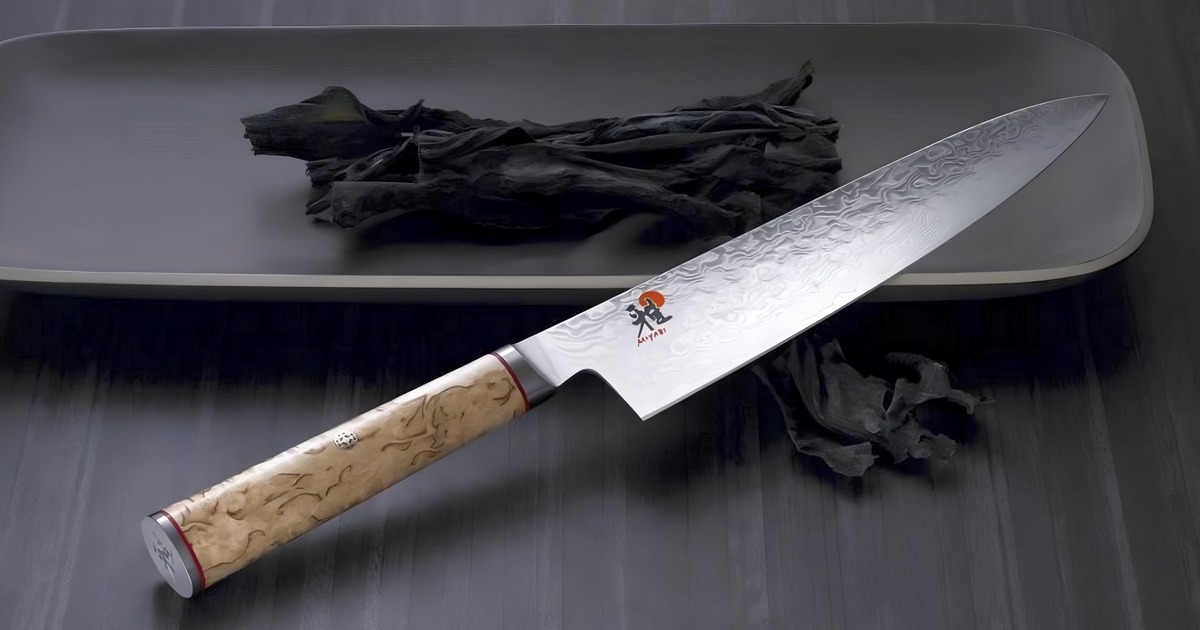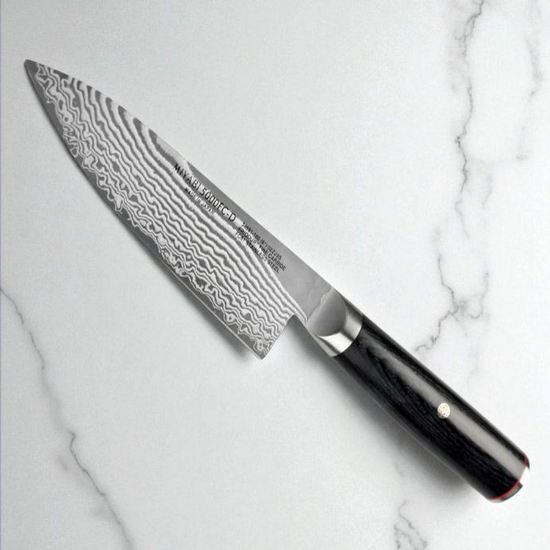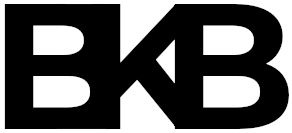
Miyabi is a high-end kitchen knife brand that blends centuries-old Japanese blade-forging traditions with modern German engineering. Founded in 2004 by Zwilling J.A. Henckels, Miyabi knives are crafted in Seki City, Japan.
Heritage & Craftsmanship
Drawing on Zwilling’s cutlery expertise that dates back to 1731 — and Seki’s historic blade-making heritage, Miyabi forges each knife from premium Japanese steels. The result is a blade with exceptional edge retention and durability. They claim the production of each knife involves a 130 step, in around a 42 day journey - from forging to final finish. Included in the process are advanced heat treatment methods like Cryodur® (ice hardening) for improved toughness, corrosion resistance, and blade stability.
Key Features
- FC61, VG10/CMV60, SG2/MC63 steels
- Hardened to a Rockwell 60+ for long-lasting sharpness
- Elegant Damascus patterns created with multiple steel layers
- Ergonomic D-shaped handles for precise control
- Full tang construction for superior balance
Performance & Aesthetics
Beyond performance, Miyabi knives are celebrated for their beauty: from the mirror-polished blades to the sleek comfortable handles. Whether you’re a professional chef or an everyday lover of cooking, these knives deliver both precision and style to your kitchen.

View at Zwilling.com/miyabi | Shop on Amazon
Explore more top Japanese knife brands.
BKB Review: Miyabi Kaizen II Damascus 8inch Chef’s Knife — A Harmonious Blend of Tradition and Precision

When it comes to blending centuries-old Japanese blade-forging techniques with modern German engineering, the Miyabi Kaizen II series stands in a class of its own. Created by Zwilling J.A. Henckels in Seki City — Japan’s legendary knife-making hub, these knives exemplify the very best of both worlds.
First Impressions:
Straight out of the box, the Miyabi Kaizen II chef's knife turns heads with its 49 layer Damascus steel finish and elegant D shaped pakkawood handle. The blade’s FC61 fine carbide core is hardened to 61 HRC, promising long-lasting edge retention, suitable enough for restaurant kitchens and home cooks that need a reliable knife day in, day out.
Performance in the Kitchen
- Sharpness: Honbazuke hand-honed to 9.5° to 12°, the knife glides through tomatoes, onions, and dense butternut squash with minimal resistance.
- Edge retention: After four weeks of daily prep - including dicing 10kg of carrots for a catering gig, the edge still shaved paper effortlessly.
- Balance & ergonomics: At 7.4 oz (210g), weight distribution sits just forward of the bolster, giving a nimble, pinch grip feel that reduces fatigue during marathon prep sessions.
Pros & Cons
- Pros: Exceptional factory edge, eye catching aesthetics, thin blade geometry (Honbazuke) for laser-like cuts, comfortable handle.
- Cons: Premium price tag! The FC61 stainless core prefers softer bamboo or Hinoki cutting boards; not dishwasher safe (handwash only).
Is the Miyabi Kaizen II Worth It?
If you’re shopping for a high-end Japanese chef knife that pairs artisanal beauty with serious cutting power, the Kaizen II delivers. It’s a step up from entry level VG10 blades and holds its own against rivals like Shun Classic or MAC Professional. Budget-conscious cooks will balk at the cost though, but professionals and serious cooks seeking long-term value will appreciate the upgrade.
Verdict:
While Miyabi knives sit at a premium price point that may be more than the some cooks wish to spend, its combination of heritage steel, artisan craftsmanship, and German-backed quality control make it a lasting investment. For home cooks and professionals seeking a knife that performs flawlessly and tells a story with every slice, the Miyabi Kaizen II is worth every cent.
— BKB
Read more customer reviews of the Miyabi Kaizen II series at Amazon
